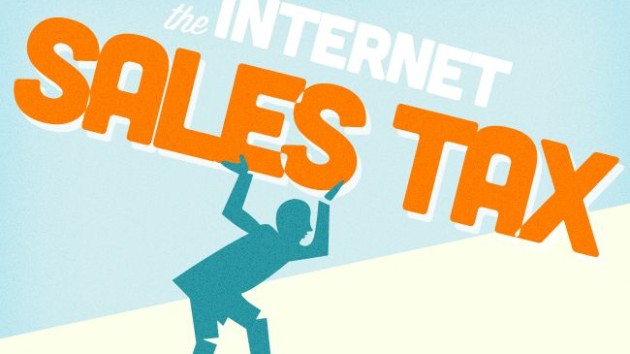FL Gov. Rick Scott: President Obama’s Internet Tax Proposal Hurts Consumers, Stifles Innovation
Governor Scott stated:
President Obama’s ‘Net Neutrality’ proposal, which regulates the internet as a utility, would cost consumers billions of dollars a year while stifling innovation and job creation in the technology industry. Under President Obama’s recommendations, consumers could be taxed by more than $18 billion a year for the simple act of using the internet.
In Florida, we’ve cut taxes 40 times while reducing regulations and promoting innovation and entrepreneurship. The results are clear: Florida businesses have created almost 680,000 new private sector jobs in the last four years, but President Obama continues to propose policies that harm job creators and force businesses to want to leave the United States.
“The internet is a powerful tool that promotes innovation and entrepreneurship across all segments of the economy, and must be protected. But President Obama’s plan increases taxes on Florida families and places burdensome regulations on the technology industry.
The Daily Signals’ T. Elliot Gaiser gives the following ten reasons the internet tax is a bad idea even in April of 2013, even for Democrats as shown in this video:
Here are 10 reasons for opposing an Internet sales tax, as the Senators state them in the video above:
- It will hobble the Internet economy and constrain online commerce. This will subject almost everything sold on the Internet to taxation, opening the door to harm consumers’ already tight budgets.
- It forces small businesses to jump through new bureaucratic hoops. Every time anyone buys something on the Internet, businesses will have to figure out where the purchasers are from and charge them the appropriate tax.
- The bill erodes state sovereignty. Four states, including Wyden’s Oregon and Baucus’s Montana, have chosen not to have sales taxes. This bill will require businesses in those states to collect sales tax even though they chose to live in a state without sales tax.
- It is full of unintended consequences. Many small business owners will have to lay off employees or significantly restructure their companies at great expense.
- It will take the Internet down a dark path. Internet-based firms, which do not consume the amount of local services as physical stores that require access to everything from roads to plumbing, will face massive new costs.
- It forces small businesses to become tax collectors for other states. A business in New Hampshire, a state without sales tax, could be commandeered by a state like California into collecting taxes for a government thousands of miles away.
- It unleashes all the nation’s tax collectors on small businesses. If a business in Texas is suspected of not complying with sales tax collection in New York, that business could face a paralyzing audit. Each state with a sales tax could potentially audit the same business, opening the door to upwards of 46 audits per year for an Internet business.
- How does this bill create jobs? It doesn’t.
- It violates the “do no harm” principle. It harms both small Internet businesses and consumers who purchase products online.
- It forces businesses to track thousands of different tax codes. There are between 7,500 and 9,600 different tax jurisdiction in the United States, and businesses will have to understand and comply with all of them.


